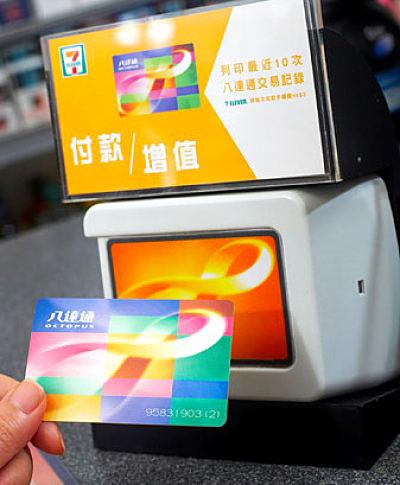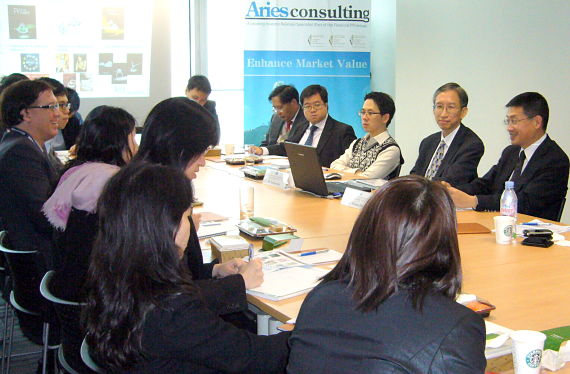
Translated by Andrew Vanburen from 見勝不過眾人之所知,非善之善者也
A VICTORY is a victory, but a pyrrhic victory cannot be repeated often without ultimate failure, and this can be likened to going into the market unprepared, without the proper quiver of information on hand.
After all, when investing, you should never be suddenly saying to yourself: “I rely on intuition and my gut. I don’t look at companies, nor tour factories, nor read broker calls nor scan Bloomberg.”
For this type of market player, the odds are likely to catch up with them, sooner or later.
We are, after all, in the Information Age.
In the Stone Age, a caveman still using wood-tipped spears to fend off predators would soon become dinner. In the Iron Age, a rock-throwing army would soon be vanquished by the overwhelming power of iron swords, shields and arrows. And in the Bronze Age, an iron pot given as tribute to a king would not bring the same political favors as a beautifully crafted bronze equivalent.
And wading into the stock market without good information in the Information Age is equally inadvisable.
In today’s world, it is possible to have the latest corporate results, financial news and expert analysis at your fingertips – or keyboard to be more precise. But it is easy to drown or be swept away from shore by the virtual sea of information out there.
Therefore, the key is not whether or not you have access to investing information – for anyone with a working modem does – but instead, most important is knowing the difference between dispensable and investible information.
Being able to tell the difference will not only save you lots of time, but also make you lots of money in the process.
Knowing how to mine out key facts and figures and then applying this data to your investment decisions is usually the difference between success and failure.

Toshifumi Suzuki, CEO of 7-Eleven Japan, says of key investible information: “It mayn’t make you a killing overnight, but it can be processed and stored in our ‘hard-drive’ for use at a later date when the opportunity is about to ripen."
Comparing it to a playing field, the best football coaches on the sidelines will never be content with a one or two-goal lead, but will always be computing when to make substitutions and with what reserves, when to fall back and play Italian-style defense, and when to pull a few secret weapons out of the arsenal... if any are still available.
And said coaches are also keeping one eye on the weather, deciding if the falling temperatures require a switch from cold Gatorade to perhaps warm Vitasoy in order to get the most out of his or her players at the right time, thus maximizing the chances of winning.
Therefore, knowing ahead of time what the weather will do is a lot like having the right financial information in your arsenal, so when the thunderheads appear – or the sun bursts through – the well-prepared are at a distinct advantage over the competition. This “forward information” is the most valued and should be a major determinant behind investment-level decisions.
The ability to mine out this data, use it at the right time – and anticipate demand in the market ahead of the competition -- has surely helped propel Mr. Suzuki to the top of the world’s largest convenience store chain.
How To Make 300 Mln Yen From Public Information

Korekawa Ginzo (1897-1992) has been called Japan’s Warren Buffett.
In 1960, he was glued to his TV set in that tumultuous year when the Ikeda Cabinet announced its plan to double the nation’s GDP through vigorous investment stimulus packages.
There could not be a more obvious example of publicly-available investment information offered on a silver platter to the investing public. The only question was: How and when to act upon it and more importantly, how to make money from it?
He realized early on that this massive (for its time) “quantitative easing” in Japan would bring hordes of migrant workers to Japan’s industrial heartland of Osaka, and that would super-stimulate the need for more residential properties. So like most investing tycoons, he got his start in real estate, and never looked back.
He targeted his investment at Sakai, an industrial district of Osaka, as the government had made it clear early on that this area would be earmarked for a large-scale manufacturing reclamation zone. Sure enough, the factories mushroomed across the district, the workers flooded in and the housing market went through the roof. Korekawa Ginzo and the fortunate associates who bought his hype early on were making 500% returns on the plots they bought before the boom, and the rest is history for Japan’s Warren Buffett.
He ended up netting about 300 mln yen from investments in Sakai at the time, a king’s ransom in early-60s postwar Japan.
So as you can see, the information is out there... often readily available for public consumption on the front pages of all the newspapers. Knowing what is investible information and how to act upon it separates the talkers from the tycoons.
Opportunities Abound

The market goes up, the market goes down. Knowing how far the bulls will run or the bears will fall is key.
Hong Kong’s retail market is no different. Big houses tout the virtues of Harbour City or Sogo – and how PRC shoppers are seemingly marching through, shoulder-to-shoulder, snapping up every luxury product they can get their hands on.
Or how gold and jewelry retailers like Chow Sang Sang (HK: 116) are having trouble keeping inventories active with the mainland “invasion.”
But processing this hype from the houses on a particular retailer or segment, digesting the useful data, and acting on the more realistic assessments of current scenarios and long-term forecasts should be the goal of all consumers of broker calls.
Reality-based investment stories almost always end rosier than those based on perception.
Buying shares is no different.
The information is out there, clueing us in on when to buy, when to hold, and most importantly – when to sell. There is enough data out there to tell us the fair valuation of any listed firm. Nurturing the ability to sift through the sea of information available and find the right buoys and lighthouses is critical to success.
See also:
AMPLE CAPITAL'S ALEX WONG: Excessive Obsession With Research Can Induce 'Investment Paralysis'
Picking Stocks & Ponies: Charlie Munger’s Tao Of Value Investing







